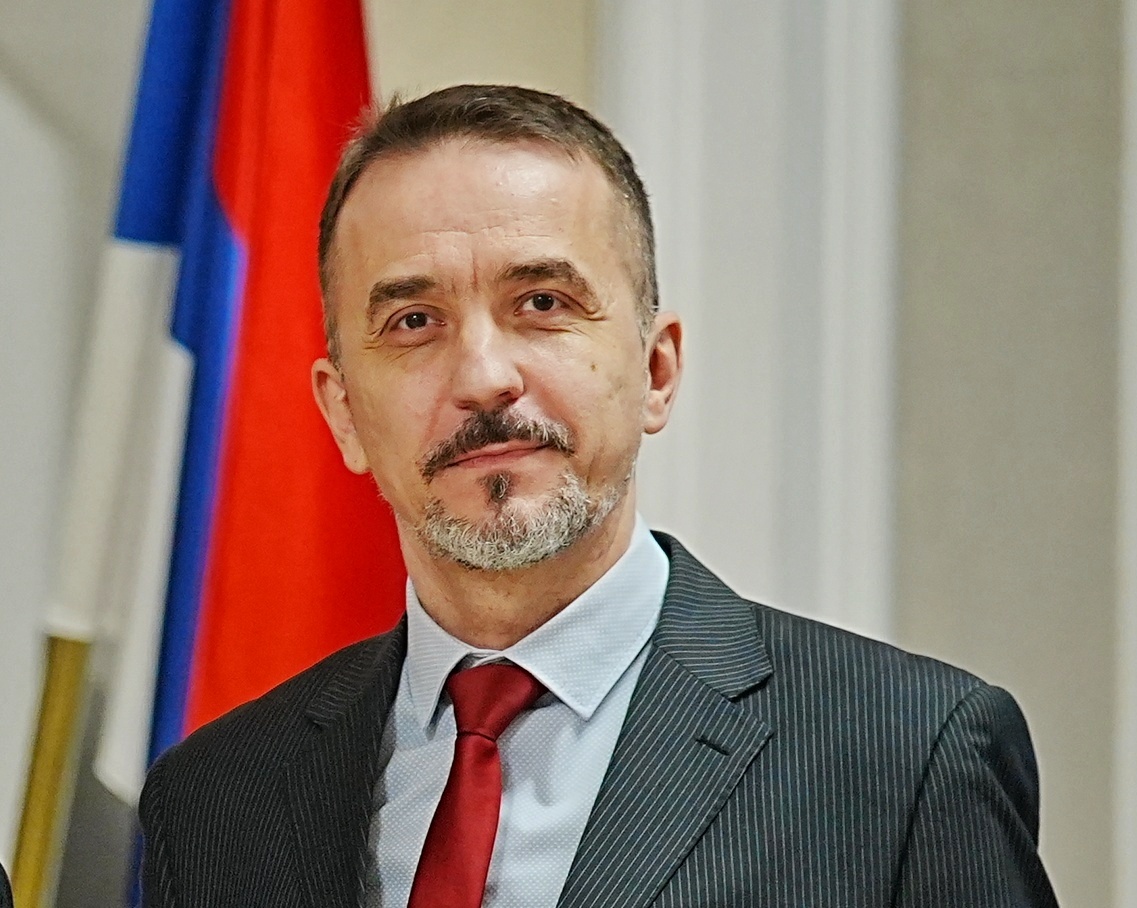
In the context of this year’s BRICS summit held in Kazan, Russian Federation, questions about the future of the global order have been further highlighted, with increasing significance and strength of the global majority, but also with indications of growing systemic weaknesses and vulnerabilities of the collective West. Within such a framework, the European Union faces external trends that make it a kind of voluntary geopolitical hostage, best exemplified by Germany, the EU’s leading power and one of the largest global economies.
Germany’s reduced productivity, reflected through industrial and economic stagnation, has persisted for quite some time. For instance, in 2023, Germany was the only G7 country to record negative GDP growth. Although Germany’s trade balance shows some signs of stabilization and recovery after the sudden energy supply disruptions in 2022, significant fluctuations observed this year underscore existing difficulties. Specifically, Germany’s industrial production index has shown mostly negative fluctuations compared to the baseline year of 2021, coupled with GDP stagnation characterized by very low growth this year, which is lower than in previous periods.
The state of Germany’s industry is also reflected in defense production, which holds central importance in the EU. According to a recent report by the prestigious German Kiel Institute, Russia’s military-industrial capabilities have significantly increased over the past two years, far surpassing the material losses in Ukraine, while Germany’s capacity-building progresses very slowly. In the first year and a half following February 2022, Germany took no measures to increase defense procurement. The report highlights the specific scope of this disproportion. Given Germany’s massive disarmament in recent decades, at the current pace of procurement, Germany would need about 100 years to reach the level of 2004 in some key combat systems, while Russia could produce the entire current arsenal of the Bundeswehr within just six months. Considering Germany’s commitments to Ukraine, some of its capacities are even declining.
It is important to note that increased military spending could limit Germany’s financial contributions to the EU budget, which supports development funds. With reduced support, less developed member states may face challenges in maintaining economic growth and social stability, potentially increasing economic disparities within the EU. Germany, burdened by pressures on its own economy and public finances, is gradually losing its capacity to play a leading role in shaping EU policies. Given Germany’s significant role within the EU, this could lead to fragmentation of European policies. As a result, the already pronounced dependency of EU members on the United States will undoubtedly deepen.
Despite some degree of adaptation by German producers to disruptions in raw materials and energy supplies, long-term stagnation appears inevitable, indicating that its causes are not solely global but primarily domestic in nature. A comprehensive analysis points to demographics and political decisions made by German authorities as the underlying reasons. Estimates suggest that over the next decade, most of the currently active workers from the era of high natural growth will retire, which will significantly reduce the number of skilled workers and lead to a rapid decline in the working-age population due to aging. This heavy burden threatens to become a critical strain on Germany’s pension and social system, especially considering that the pension allocation, in an already deficit-stricken state budget, is approaching one-third of it. Germany’s hidden state debt presents an additional problem for the economy, estimated to be significantly higher than the GDP, with a tendency to increase further, especially when combined with rising pension obligations. In other words, the German welfare state will soon struggle to support such a large number of retirees.
Increased military spending combined with rising pension costs suggests that Germany will need to redirect a significant portion of its budget towards military and social sectors. This could further reduce available resources for public investments in technology, infrastructure, and innovation, which are crucial for the long-term competitiveness of the economy. To overcome the labor shortage, it will be necessary to develop a natality policy and implement painful reforms, such as raising the retirement age, adjusting contributions, and reducing benefits.
To compensate for the current and future labor shortage, Germany opened its borders to mass immigration in 2015 as part of its “Willkommenskultur” policy. However, the qualifications and competencies of the migrant population have not met labor market demands, indicating that high social benefits in Germany are the primary motivation for most incoming migrants. This approach has sparked heated debates in domestic politics, as well as sharp divisions among EU countries.
Alongside the pronounced demographic challenges, the green agenda, actively promoting the shift to renewable energy through the so-called Energiewende (Energy Transition) strategy, has also had a discouraging impact on the German economy over the past twenty years. This transition involves comprehensive changes in legislation, investments in new technologies, public awareness campaigns, and more. The gradual phasing out of nuclear energy and the associated costs of restructuring the energy system have led to significant increases in electricity prices. This is especially evident in energy-intensive industries such as chemicals and metallurgy.
The challenges facing Germany in recovering its economy are complex and primarily require a systematic and strategic approach. The complexity of accumulated problems starkly contrasts with the willingness of German politicians to address them, as necessary solutions could jeopardize their political tenure. The scale of current issues can only grow the longer the implementation of necessary measures is delayed, with consequences not only for Germany but also for the EU.
In finding itself in this situation, Germany appears inclined to vent its frustration on those it perceives as weaker. This underscores the need for Republika Srpska to seek and develop alternative mechanisms of action also outside the collective West to strengthen its own capacities.
